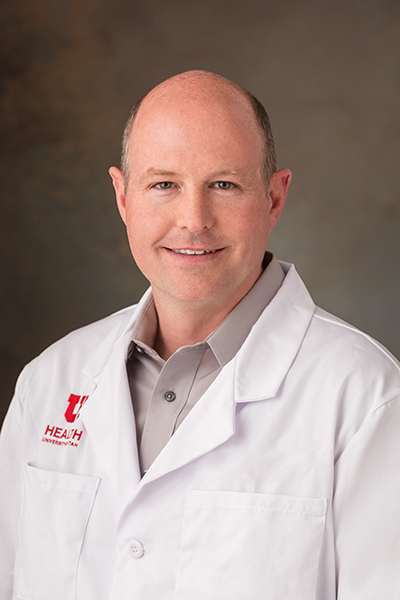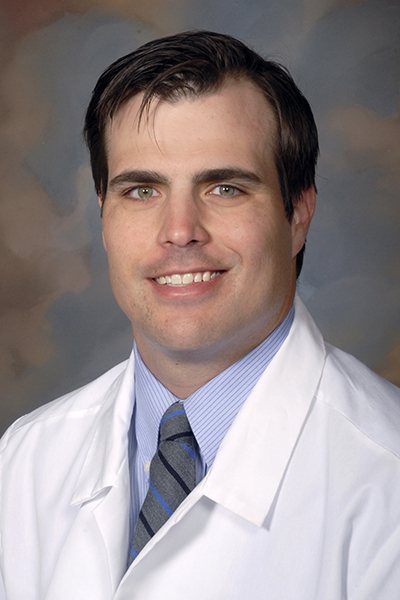GEMINI:
 Approximately one in two hundred men, or more than 300,000 reproductive-age men in the United States are impacted with nonobstructive azoospermia, a condition in which sperm are not produced resulting in infertility. In about half of those cases, an underlying cause cannot be identified. The Genetics of Male infertility Initiative (GEMINI) is an effort to systematically interrogate the genomes in men with severe spermatogenesis defects to better understand the role of genetics in male infertility. This work, a collaboration led by Ki Aston, PhD in the University of Utah Division of Urology and Don Conrad, PhD at Oregon Health and Science University has been supported by the NIH for the past seven years and has grown to include collaborators from 11 countries across five continents. To date, nearly twenty studies have been published by GEMINI that make meaningful contributions into our understanding of the genetics of male infertility. A renewal NIH application was recently scored in the funding range, providing more than $1.5M in research funding to the University of Utah and enabling the continuation of this work for another five years.
Approximately one in two hundred men, or more than 300,000 reproductive-age men in the United States are impacted with nonobstructive azoospermia, a condition in which sperm are not produced resulting in infertility. In about half of those cases, an underlying cause cannot be identified. The Genetics of Male infertility Initiative (GEMINI) is an effort to systematically interrogate the genomes in men with severe spermatogenesis defects to better understand the role of genetics in male infertility. This work, a collaboration led by Ki Aston, PhD in the University of Utah Division of Urology and Don Conrad, PhD at Oregon Health and Science University has been supported by the NIH for the past seven years and has grown to include collaborators from 11 countries across five continents. To date, nearly twenty studies have been published by GEMINI that make meaningful contributions into our understanding of the genetics of male infertility. A renewal NIH application was recently scored in the funding range, providing more than $1.5M in research funding to the University of Utah and enabling the continuation of this work for another five years.
GEMS:
 Drs. Jim Hotaling, Ki Aston and Aaron Quinlan received a $3.8M NIH R01 grant from the NICHD called “GEMS: Genomic approach to connecting Elevated germline Mutation rates with male infertility and Somatic health”. This grant will assess whether infertile men have poorer somatic health because they have increased de novo mutation rates and whether these mutation rates are also correlated with worse familial health in family members of infertile men. We will examine families of infertile men and look at familial cancer profiles in men from the Subfertility Health Assisted Reproduction & the Environment (SHARE) database as well as looking at paired tissues from cadaveric organ donors to examine de novo mutation rates.
Drs. Jim Hotaling, Ki Aston and Aaron Quinlan received a $3.8M NIH R01 grant from the NICHD called “GEMS: Genomic approach to connecting Elevated germline Mutation rates with male infertility and Somatic health”. This grant will assess whether infertile men have poorer somatic health because they have increased de novo mutation rates and whether these mutation rates are also correlated with worse familial health in family members of infertile men. We will examine families of infertile men and look at familial cancer profiles in men from the Subfertility Health Assisted Reproduction & the Environment (SHARE) database as well as looking at paired tissues from cadaveric organ donors to examine de novo mutation rates.